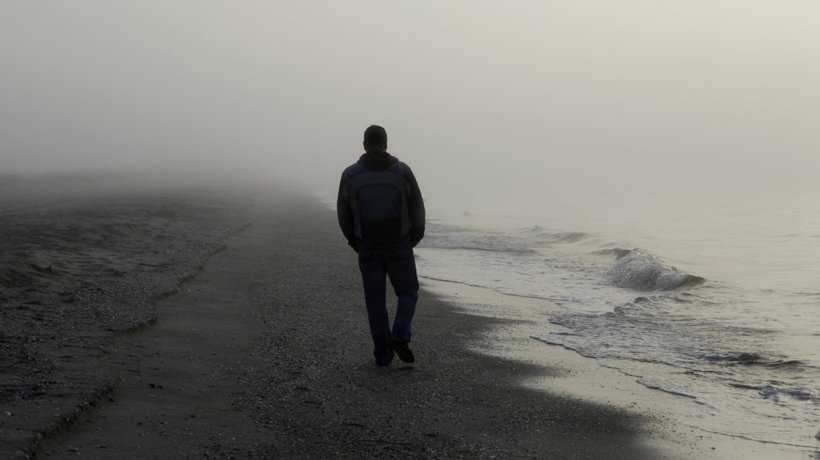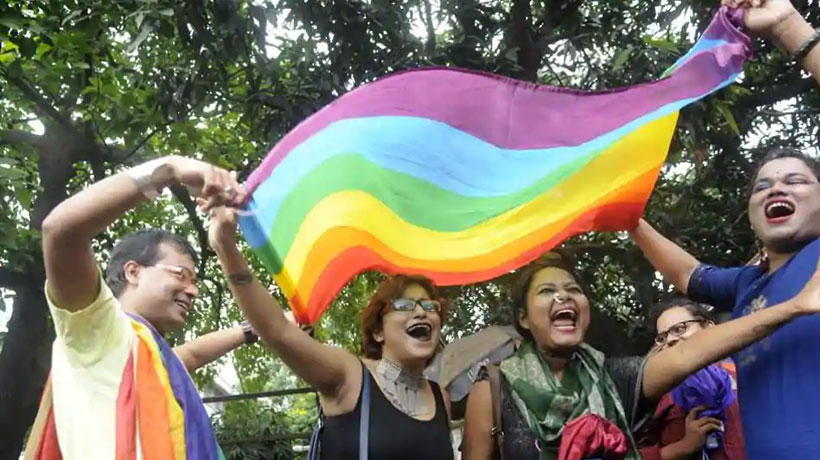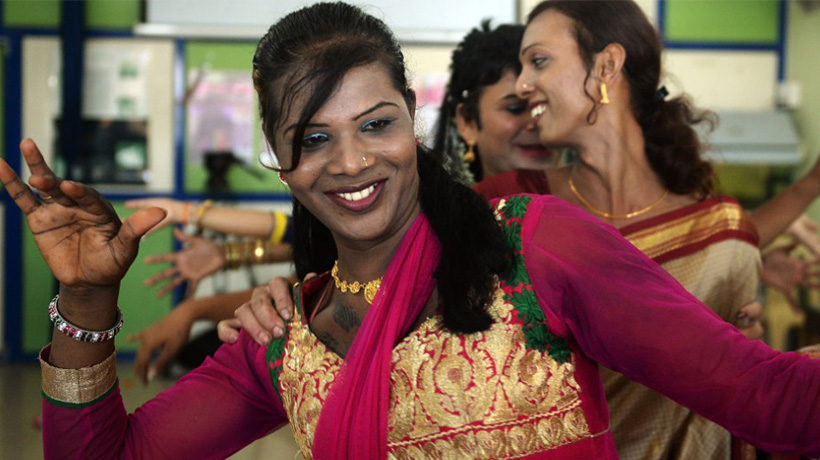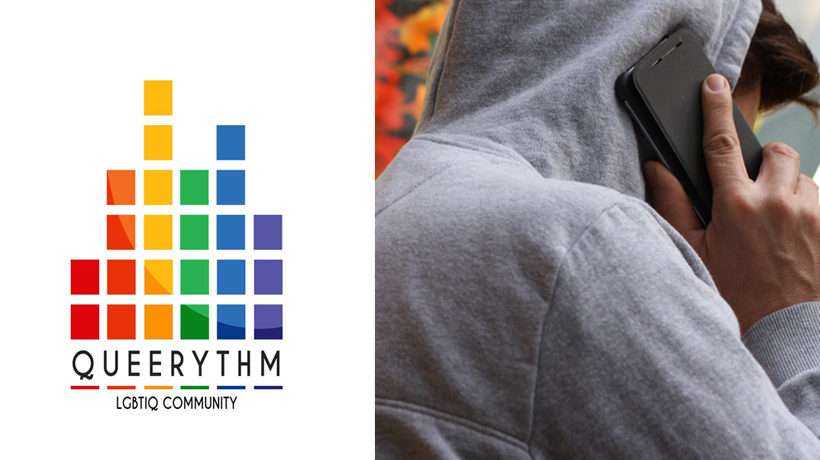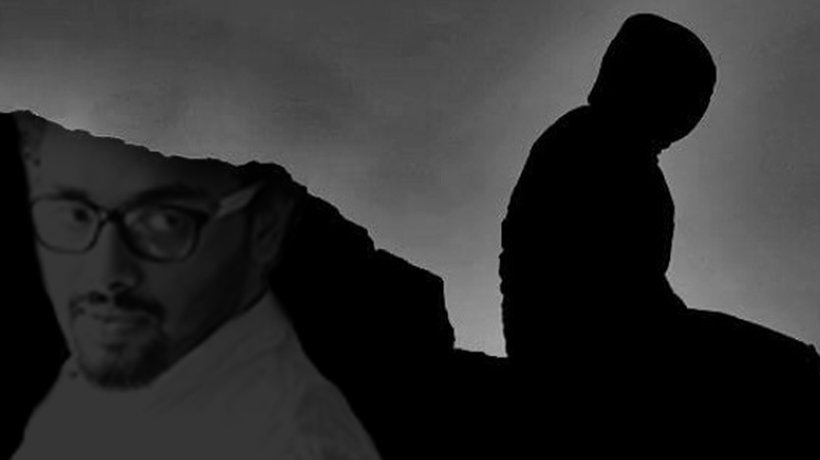Trending Now
- 830 voters names go missing in Kavundampalayam constituency
- If BJP comes to power we shall consider bringing back electoral bonds: Nirmala Sitaraman
- Monitoring at check posts between Kerala and TN intensified as bird flu gets virulent in Kerala
TCP′s LGBTQ Pride
’I was constantly on a lookout for reasons to live’; Three gay men from Kerala open up
![]() July 4, 2018
July 4, 2018
One of India’s few drag queens, Alex Mathew, popularly known as Maya, was born in Trivandrum and grew up in Cochin from around 1997 to 2006. Back then, these were still small towns. “The struggle was to know myself. I was never given an opportunity to know that alternate sexualities exist. I was always told that being gay is a sin and that my mother wouldn’t let my partner in. So, I was in constant fear to be gay and kept convincing myself that I am straight—although the more confused when people were teasing and bullying me of my femininity.” Alex did not feel confident and did not know his purpose in the world. “I felt not accepted and unwanted,” he says.
It was perhaps this that led him to move to a bigger city—Bengaluru. Alex feels that the best thing he has done till date is to make that move. It was here that he was able to interact with the community and take theatre classes. “That’s how I got comfortable with myself—to know that I am gay and that I love to perform as a drag queen,” he recollects.
According to Alex, had he to come out in Kerala, it would have been very difficult for him. “There’s a huge difference between a small town and cosmopolitan city. In the city, they don’t mind who you are as long as you aren’t in their personal space. It doesn’t work that way in Kerala, where everyone wants to know what the other person is doing,” he says.
Veydant Nair (name changed) hails from Kochi. Currently, he is interning as a house surgeon at the government medical college in Alappuzha. “It wasn’t till 12th grade that I finally accepted myself for who I am, even though I had known since I was 12 years old,” he says. According to Veydant, it took longer to come out of the closet to his family and close friends. “My parents were well read and they accepted me in just a little while, my friends were pretty cool about it too.” However, the story changed drastically for him when he came to Alappuzha for college. “It’s a much smaller city and the people are a lot less open-minded. There were varied opinions about the LGBT in general.”
For Veydant, while the struggle back in Kochi was more about internal conflicts and self doubt that stemmed from an occasional homophobic remark, in college, it was much more severe with more prejudice among people. But he says it got better with time. “Of course, there were homophobes, but not in plain sight. I guess it no longer became cool to be a homophobe. Also everyone was getting a proper education and exposure about the subject through various means.”
“I don’t think I owe an explanation or admittance to anyone else, so I’m not publicly gay yet. Maybe someday when I’m ready, I may shout it out to the world just to make a statement,” he says.
Dr Sushil (name changed) who hails from Kollam in Kerala, says the struggle is quite imaginable for anyone who has a little bit of compassion and empathy. “It’s like waking up every morning and wondering why I’m so messed up. I was constantly on a lookout for reasons to live,” he says.
He remembers the days when he would shut himself up from the rest of the world because of his untimely mood swings and the never ceasing desire to be loved. “It’s quite difficult to mingle with a bunch of happy people when you can’t even find the source of your own misery. It’s the confusion that kills the most—the feeling of being helpless and insecure eats you from within—not knowing where you fit in, or if at all you do,” he adds. According to Sushil, the most difficult part is self acceptance. “It’s what leads many to become sad depressives. And from then onwards, it becomes a war.”
Fortunately, for Sushil, it had a positive spin. He discovered his passion for medicine and decided to become a doctor. Regarding his future, there is definitely consolation in the fact that there is going to be financial security. “Hence, I don’t think I would be as affected as an average Indian gay male.” Even though his friends have always been supportive, he still hasn’t mustered the courage to confront his family. “I don’t think they would be open to the whole idea. They are not bad people but they are quite conservative and orthodox,” he says.
“I’m not particular about finding someone to live with. But I do want a child, if possible, by adoption. That’s going to be another hurdle. But for now, I’m pretty happy. Being gay isn’t the most important thing in our life—gay men in India need to realise that—and society too. It’s just a matter of heart. It doesn’t have to be acknowledged, it just has to be,” he says.
While in the bigger metropolitan cities, things have improved for the better, the situation in Kerala’s small towns is dismal. According to Jijo Kuriakose, founder of Queerala, there is hardly any visible form of self-relating elements pertaining to same-sex love across suburban and rural enclaves in the state. “To deal with the deep-rooted homophobia and challenge heteronormativity, diverse forms of representations are required which usually kick-start across the metros and city spaces. Hence, many curious elements of homosociality and gay lives stay unexplored in rural areas,” he says. It will still be some time before people like Alex, Vedyant and Sushil can see some hope for themselves, their lives and their future.





